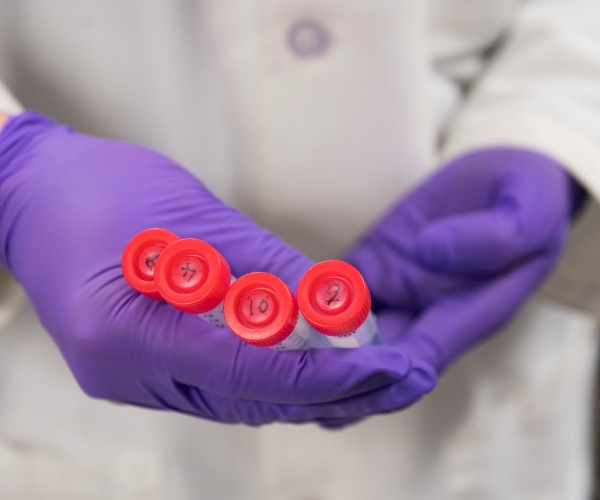Cancer survivors may face higher odds for heart trouble
From Newsmax

Cancer survivors, especially older ones, have an increased risk of heart disease over the next decade, a new study finds.
Ohio State University researchers analyzed data from more than 15,000 U.S. adults, aged 40 to 79, who were followed from 2007 to 2016. At the start of the study period, 13% reported a history of cancer but none had a history of heart disease.
Over the next decade, 35% of the cancer survivors had an elevated risk of heart disease, compared with about 23% of those with no history of cancer, the investigators found.
Using a risk calculator, the researchers concluded that the average estimated 10-year heart disease risk for cancer survivors was about 8%, compared to 5% for those with no history of cancer.
“We know that obesity, cancer and cardiovascular disease share some common risk factors, and in addition to those shared risk factors, cancer patients also receive treatments including radiation and chemotherapy that can affect their cardiovascular health — we call that cardiotoxicity,” lead researcher Xiaochen Zhang said in a university news release. Zhang is a Ph.D. candidate in the College of Public Health.
Survivors of testicular, prostate, bladder, and kidney cancers had particularly high heart disease risks, as did those in their 60s.
Older age, higher systolic blood pressure and a history of diabetes — all risks for heart disease — were more common in the cancer survivors, according to the study. The results were published recently in the journal PLOS ONE.
According to study co-author Ashley Felix, “The good news is that we’re getting really good at treating cancer and we have more survivors, but we need to start thinking more carefully about the non-cancer risks following a diagnosis, one of which is cardiovascular disease.” Felix is an associate professor of epidemiology.
“We don’t want people to survive cancer only to die prematurely of heart disease or stroke, so we need to make sure that cancer patients, and their health care team, are aware of this increased risk,” she added.
Nearly 17 million Americans live with a cancer diagnosis, and that’s expected to reach 26 million by 2040, the study authors noted.
© 2021 NewsmaxHealth. All rights reserved.
For more on this story go to: NEWSMAX





